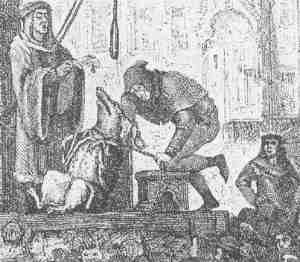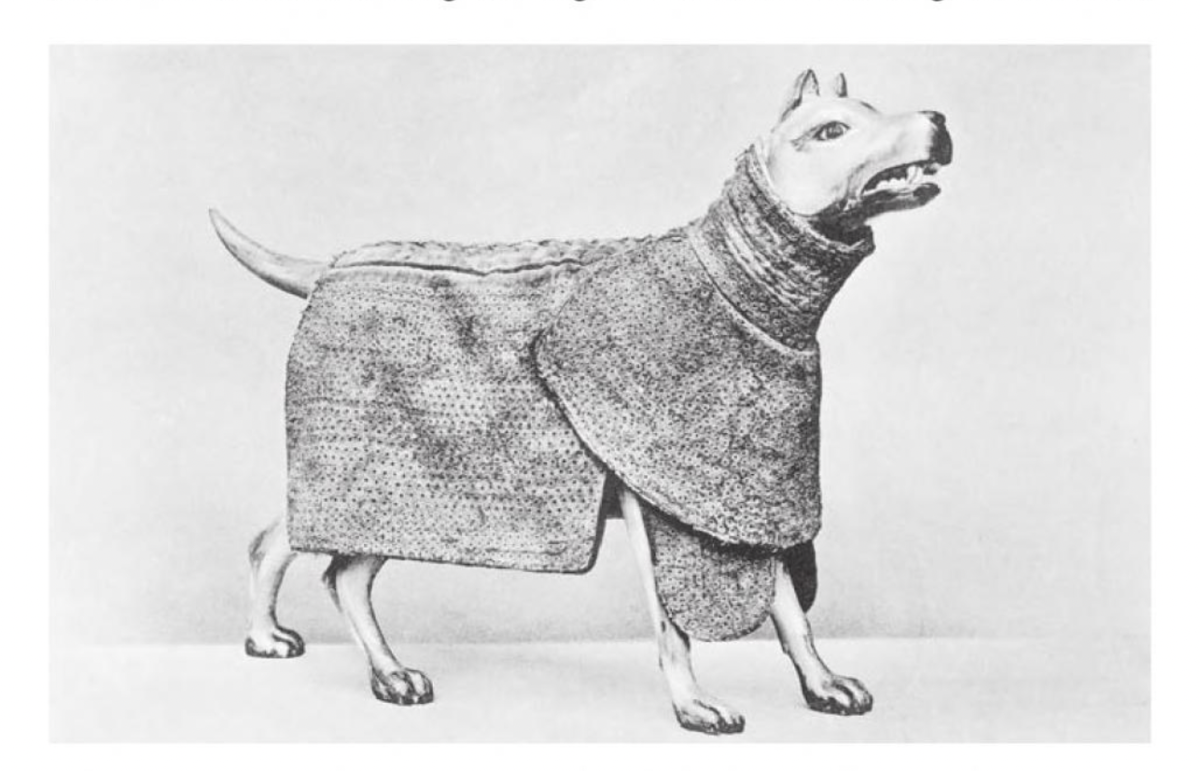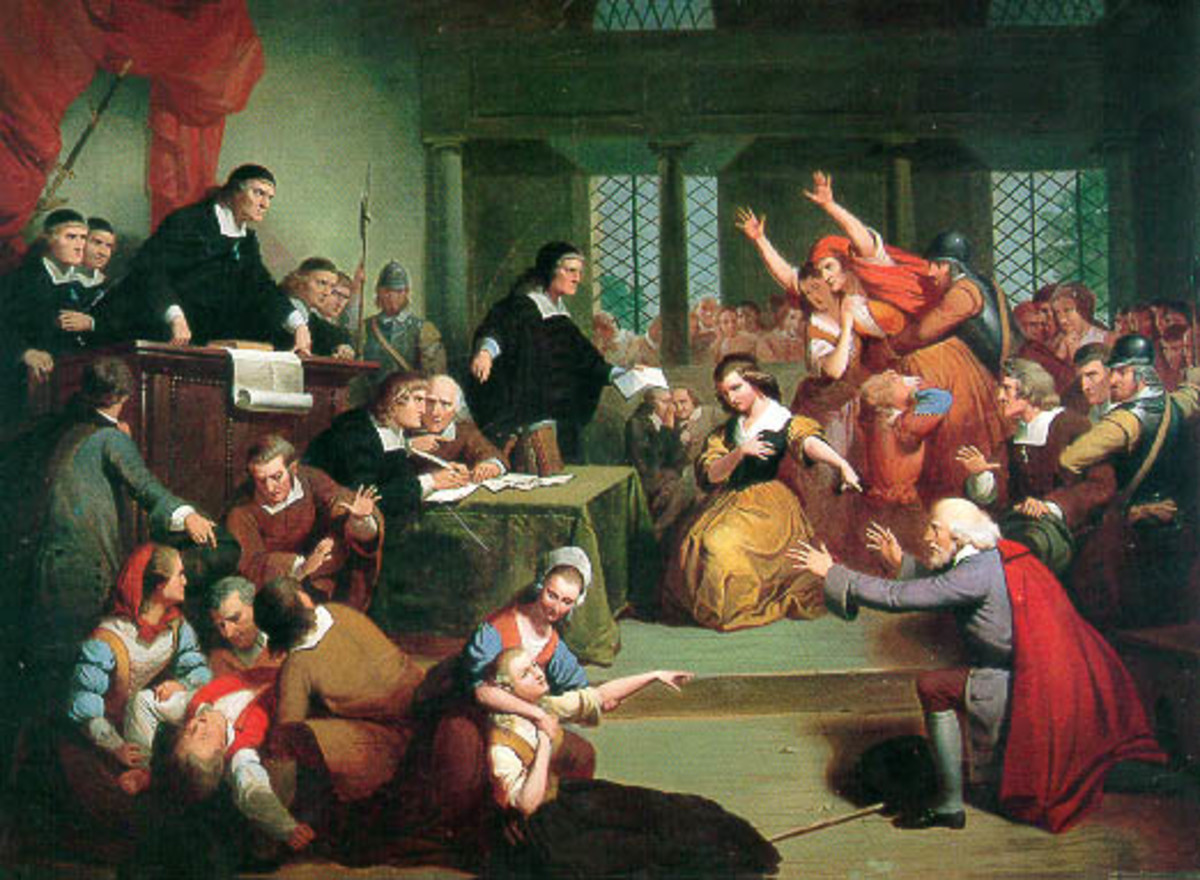The Trial And Execution Of A Homicidal Pig

In 1457, seven pigs were accused and found guilty of the murder of a 5-year-old boy. The case followed standard procedure according to the customs of the Burgundian court.
The owner of the pigs was summoned to make representations concerning the execution of justice against the animals, but he relinquished this right, while the prosecutor called for a death penalty.
The child was killed by a sow in the defense of her six piglets. Since one of the animals appeared to be more guilty than the others, the judge ruled that only the sow should be executed.
The sow was to be hanged by its hind legs from an oak tree, while the seven piglets were returned to their owner who was to be held accountable for their future misbehavior and bring them back to court should further evidence be presented suggesting their complicity in the crime. However, the owner refused to comply with these terms, and the piglets were placed in the care of a local noblewoman.
Animal Trials In The Middle Ages
In medieval and Renaissance Europe such cases were not uncommon. Since the first recorded case in 1266, the criminal prosecution of animals was part of many legal systems across Western Europe.
These legal practices seem to have originated in France and spread on to Germany, Italy, and the Netherlands in the 16th century continuing well into the 1700s.
Accused animals were often held in prison before the hearing of their cases. They were legally represented. If they were convicted of a crime, they were executed by the same professionals that dealt with human convicts.
During trials, courts made sure that the animals were correctly identified. Special care was taken to determine to what degree individual animals were guilty.
On one occasion, a herd of pigs trampled a swineherd (caretaker for pigs) to death, but only four of the beasts were convicted for leading the stampede, while the others were released.
The execution of the four pigs was carried out according to local custom. They were carted or dragged to the execution grounds.
For horses, bulls, and other large beasts, special apparatus was used to carry them to their place of execution. This didn't always go well, as on another occasion, it took two days before a felonious bull could be hanged.
Suing A Swarm Of Vermin
It wasn't only individual animals that had to fear the law. In another class of animal trials, a big numbers of vermin were held accountable for offenses against a whole town. These cases were recorded first in Switzerland in the 15th century, but they soon spread on to Germany, Italy, France, Spain and even Scandinavia.

These vermin included mice, fish, weevils and caterpillars. A community in the town of St Julien de Maurienne in France filed a lawsuit against a swarm of flies for ruining a vineyard in 1545. The court ruled that the community was to conduct masses and prayers, because it was assumed that the plague was a judgment of God.
30 years passed and the infestation occurred again, forcing the court to accept a new formal complaint against the flies. The defense lawyer reasoned that his clients were the creation of God and as such were meant to thrive and multiply, therefore they were authorized to feed on the vineyard by divine law. The plaintiffs changed their mind and made arrangements to isolate a section of land for the insects to carry out the will of God.








